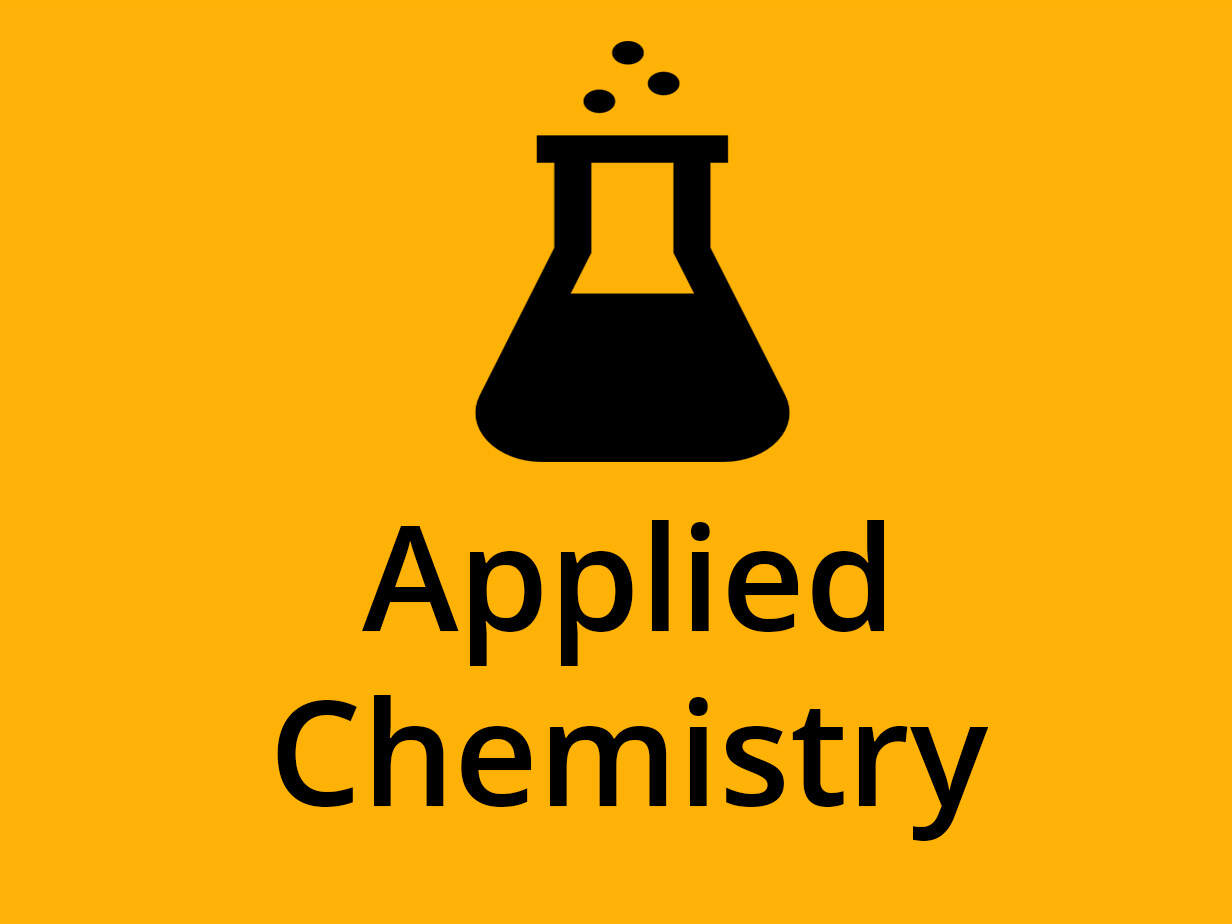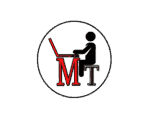Engineering Chemistry AKTU
Free

-
Atomic and Molecular Structure
-
Electrochemistry
- Corrosion Part 1
- Corrosion Part 2
- Corrosion Part 3
- Dry Corrosion Part 1
- Dry Corrosion Part 2
- Wet Corrosion Part 1
- Wet Corrosion Part 02 with difference
- Different Types of Corrosion Part 01
- Different Types of Corrosion Part 02
- Different Types of Corrosion Part 03
- Factors Affecting Corrosion
- prevention and control corrosion part 1
- prevention and control corrosion part 2
- prevention and control corrosion part 3
- prevention and control corrosion part 4
- Gibbs Phase Rule phase [Rule 1]
- One Component System Phase [Rule 2]
- Two Component System Phase Rule
-
Water Analysis
-
Fuels
- Introduction to Fuels
- Knocking in Fuels
- Anti Knocking in Fuels
- Gasoline & its Refining Steps in Fuels
- Cracking of Petroleum 01
- Cracking of Petroleum 02
- Cracking of Petroleum 03
- Refining of Petroleum
- Bio-diesel in Fuels
- Liquid Fuels
- Ultimate Analysis Numerical 01
- Ultimate Analysis Numerical 02
- Ultimate Analysis Numerical 03
- Cetane Number
- Numerical Combustion in Fuels
- HCV or GCV and LCV or NCV in Fuels
-
Polymer
Engineering Chemistry AKTU
Engineering Chemistry 1 is semester 1 subject of final year of computer engineering in Mumbai University. Objectives of the subject Engineering Chemistry-I are The concepts developed in this course will aid in quantification as well as understand the applications of several concepts in Chemistry that have been introduced at the 10 + 2 levels in schools.
Outcomes of the subject Engineering Chemistry-I are that Learners will be able to explain the concept of microscopic chemistry in terms of atomic and molecular orbital theory and relate it to diatomic molecules. Describe the concept of aromaticity and interpret it with relation to specific aromatic systems. Illustrate the knowledge of various types of intermolecular forces and relate it to real gases. Interpret various phase transformations using thermodynamics. llustrate the knowledge of polymers, fabrication methods, conducting polymers in various industrial fields. Analyze the quality of water and suggest suitable methods of treatment.
Engineering Chemistry program integrates advanced knowledge of organic chemistry, analytical chemistry, and electrochemistry into the design curriculum. By studying this subject, students can gain experience in the design of large-scale chemical manufacturing plants. An atom is the smallest unit of ordinary matter that forms a chemical element. Every solid, liquid, gas, and plasma is composed of neutral or ionized atoms. Atoms are extremely small, typically around 100 picometers across. They are so small that accurately predicting their behavior using classical physics as if they were tennis balls, for example—is not possible due to quantum effects. Chemical Engineers “invent economic ways of using materials and energy”. Chemical engineers use chemistry and engineering to turn raw materials into usable products, like medicine, petrochemicals, large-scale plastics, industrial setting, etc. They are also including waste management and research. Aromatic compounds are those chemical compounds (most commonly organic) that contain one or more rings with pi electrons delocalized all the way around them. In contrast to compounds that exhibit aromaticity, aliphatic compounds lack this delocalization. The term “aromatic” was assigned before the physical mechanism determining aromaticity was discovered, and referred simply to the fact that many such compounds have a sweet or pleasant odour; however, not all aromatic compounds have a sweet odour, and not all compounds with a sweet odour are aromatic. Aromatic hydrocarbons, or arenes, are aromatic organic compounds containing solely carbon and hydrogen atoms. The configuration of six carbon atoms in aromatic compounds is called a “benzene ring”, after the simple aromatic compound benzene, or a phenyl group when part of a larger compound.
Module Atomic and Molecular Structure Atomic orbitals (s,p,d,f) orbital shapes, Electronic Configuration, Molecular orbital theory (MOT), bonding and anti-bonding orbitals, Molecular orbital diagrams of Homonuclear and Heteronuclear diatomic molecules-Be2, O2, CO, NO their bond order and magnetic properties, Module Aromatic systems &their molecular structure Define Aromaticity, Huckel‘s rule, Structure and bonding of benzene and pyrrole. Module Intermolecular Forces & Critical Phenomena Ionic, dipolar and Vander Waal‘s interactions, Equations of state of real gases and critical phenomena.
Module Phase consists of the following subtopics Rule-Gibb’s Phase Rule Statement of Gibbs‘ Phase Rule, Terms involved with examples, One Component System (Water), Reduced Phase Rule, Two Component System (PbAg), Advantages and Limitations of Phase Rule. Numerical problems on Phase Rule. Module Polymers consists of the following subtopics Introduction: Definition- Polymer, polymerization, Properties of Polymers Molecular weight (Number average and Weight average), Numerical problems on molecular weight, effect of heat on polymers (glass transition temperature), Viscoelasticity, Conducting Polymers, Classification-Thermoplastic and Thermosetting polymers; Compounding of plastic, Fabrication of plastic by Compression, Injection, Transfer and Extrusion moulding, Preparation, properties and uses of PMMA and Kevlar. Module Water consists of the following subtopics Introduction – Impurities in water, hardness of water- units (no conversions), types and numerical problems, determination of hardness of water by EDTA method and numerical problems.Softening of water by Ion Exchange process and numerical problems, BOD, COD- definition, significance and Numerical problems. Water purification-membrane technology- Electrodialysis, Reverse osmosis, and Ultra filtration.
Suggested References books for the subject Engineering Chemistry-I by Mumbai university are as follows Engineering Chemistry – Jain & Jain (DhanpatRai) Engineering Chemistry – Dara &Dara (S Chand). Engineering Chemistry – Wiley India (ISBN – 9788126519880). A Text Book of Engineering Chemistry – ShashiChawla (DhanpatRai). Engineering Chemistry – Payal Joshi &Shashank Deep (Oxford University Press). Concise Inorganic Chemistry – J D LEE. Essentials of Physical Chemistry—B S BahlArunBahl G D Tuli.
Prepare For Your Placements: https://lastmomenttuitions.com/courses/placement-preparation/
![]()
/ Youtube Channel: https://www.youtube.com/channel/UCGFNZxMqKLsqWERX_N2f08Q
Follow For Latest Updates, Study Tips & More Content!
Course Features
- Lectures 50
- Quizzes 0
- Duration 50 hours
- Skill level All levels
- Language Hindi
- Students 1209
- Certificate No
- Assessments Yes
-
roopamji
great work
nice explanation


![Thumbnails-1 Engineering Chemistry [RTU]](https://lastmomenttuitions.com/wp-content/uploads/2019/08/Thumbnails-1-450x450.jpg)
![Thumbnails-1 Engineering Chemistry 1 [SPPU]](https://lastmomenttuitions.com/wp-content/uploads/2021/03/Engineering-Chemistry-1-SPPU-450x450.jpg)
3 Comments
Bhai tu har video mein site ko introduce kar kyun ki har koi description nahi dekhta.So may god bless you.
notes
Very helpful content for financially weak student like me. 🙏